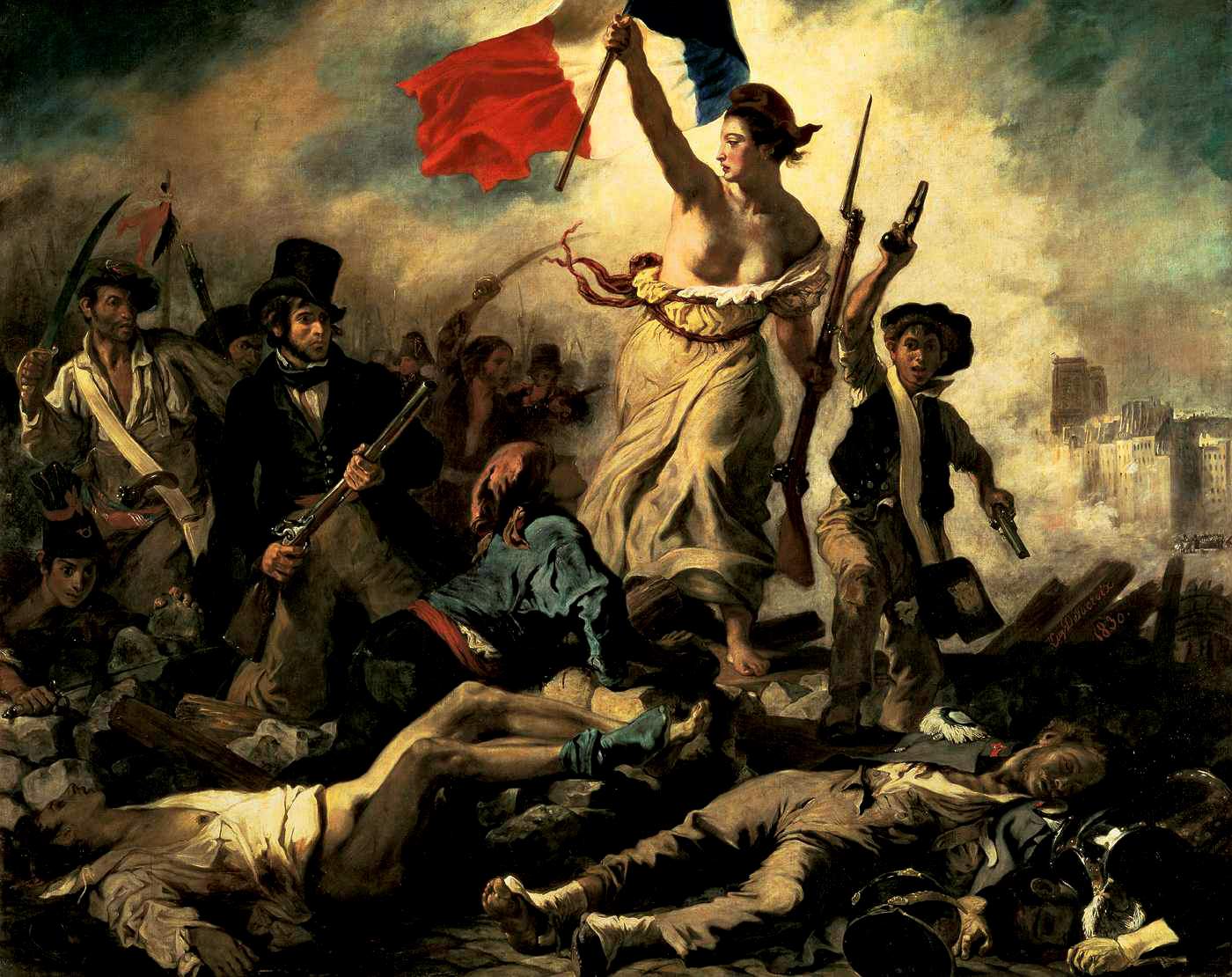
Queen Isabel II of Spain, unhappy daughter of Fernando VII
Isabel II was the daughter of Fernando VII, possibly the worst monarch Spain ever had; her reign contained two unpopular regencies and the Carlist Wars (q.v.). There were personal scandals, changes of government and a state of almost permanent conflict between factions. The crown was offered to no less than five possible candidates, among them Leopold of Hohenzollern-Sigmaringen, a member of the Catholic ruling Prussian dynasty.
So far so indifferent, but William I, King of Prussia, was not keen on the idea. He knew well that France would dislike the idea intensely, as a Prussian on the throne of Spain would frighten them. Von Bismarck (q.v.) however approved, and persuaded Leopold to accept the proposition; he did so in June, 1870. Few statesmen and diplomats have enjoyed so much power as the ‘Iron Chancellor’.
Some historians believe that Bismarck persuaded Leopold precisely because he wanted war with France, while others deny this. It seems only too possible that the first group were right, and that Bismarck’s risky project would have led to war.
French foreign minister Gramont made it clear that the move would not be tolerated. At this point William of Prussia confirmed his dislike of the move to Leopold, and the family renounced the candidacy.
France enjoyed her brief diplomatic triumph, but both Bismarck and von Moltke, chief of staff of the Prussian army were utterly depressed, not a mental condition that could guarantee anyone’s peace of mind in Europe. Then Gramont made things much worse by asking William in a written message if he would please ensure that Leopold would not even think of renewing the candidacy! This was the perfect opportunity for Bismarck to make one of his lightning moves – he published the famous EMS telegram in which William had explained what was happening to Bismarck. The latter published a specially shortened version of the telegram, which made it seem as if the French demands were peremptory. William rather crudely rebuffed the French Ambassador and ended diplomatic relations with France. The stage was thus set for the Franco-Prussian War (1870/71) which could very easily have been avoided.
The Spanish throne was finally accepted by the Duke of Aosta, second son of Victor Emanuel of Italy. His name was Amadeus I but he might well have been Amadeus the Brief, for he reigned from 1871 – 1873, when he abdicated. Then the First Spanish Republic was declared.
Looking on with a certain detachment, and a good deal of philosophy, it might have been better all round if the Hohenzollern candidate had become the King of Spain. I join a few others who wonder if a mutually friendly Spain and Prussia might possibly have influenced William II enough around 1910 -1914 to have avoided the First World War. But who knows?









